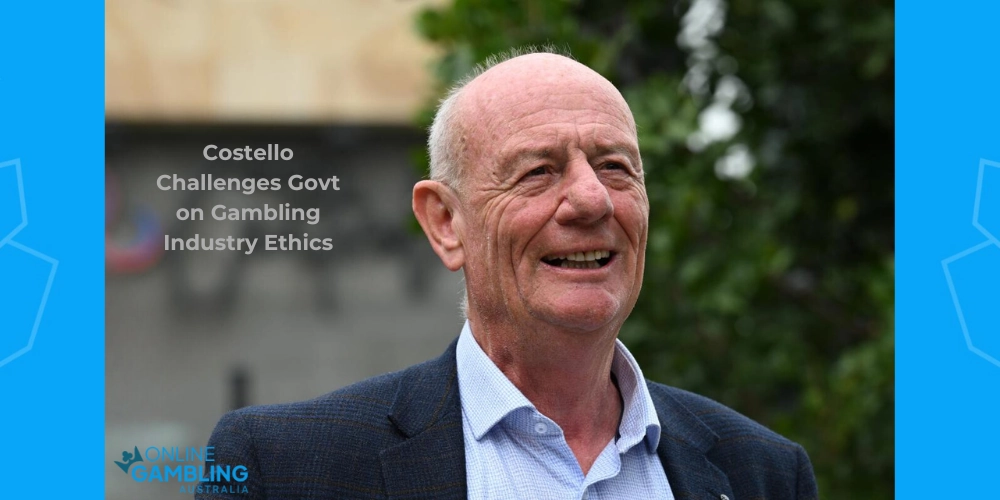Transparency Concerns in Government-Gambling Industry Relations
Revelations have surfaced about undisclosed meetings between the Australian Government and key players in the gambling sector, including major operators and technology firms. The involvement of Communications Minister Michelle Rowland in these meetings has triggered concerns about the trustworthiness of the government’s decision-making process. Costello specifically points to the involvement of companies like Sportsbet, Crown, Betfair, and Tabcorp, questioning the openness of these interactions given the significant impact of gambling on Australian society.
The Growing Problem of Gambling in Australia
Australia’s battle with gambling addiction, leading to annual losses of over $25 billion, underscores a deep-seated national problem. Costello calls for urgent action from the government, urging adherence to the recommendations of a multi-party parliamentary inquiry. This inquiry suggests a gradual elimination of gambling advertising over a three-year period, a proposal gaining widespread public support.
The Case for a Gambling Ad Ban
The suggestion to completely ban gambling ads has sparked widespread debate. Costello, echoing public opinion, recommends the government impose stringent controls similar to those on tobacco and alcohol ads, citing the harmful influence of gambling ads, especially on young people. This stance, however, faces pushback from the media sector over potential financial fallout.
Media Industry’s Resistance & Economic Implications
Broadcasters, led by Free TV Australia, have proposed alternatives to a full ban, such as limiting the number of gambling ads. They warn that a total ban could severely impact their revenue, which partly relies on the $200 to $300 million earned yearly from these ads. Costello counters their arguments, emphasising the moral duty to safeguard vulnerable groups from the detrimental effects of gambling.
Government’s Response & the Way Forward
As the government prepares its response to the Murphy inquiry’s recommendations, the debate intensifies. With the industry’s significant financial influence in various sectors, the need for transparency and responsible governance is more critical than ever. Costello’s plea for government action reflects a broader concern about the ethical implications of gambling and its advertising, calling for a balance between economic interests and societal well-being.
In conclusion, Tim Costello’s criticisms serve as a crucial reminder of the ongoing challenges in regulating the gambling industry in Australia. His advocacy for more transparent and responsible government dealings, coupled with a firm stance against pervasive gambling advertising, underscores a pressing need to address problem gambling and protect public interest.

